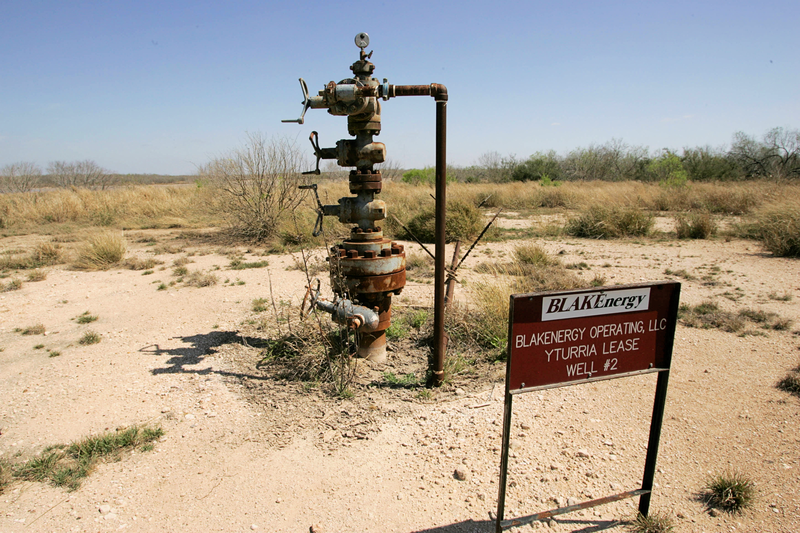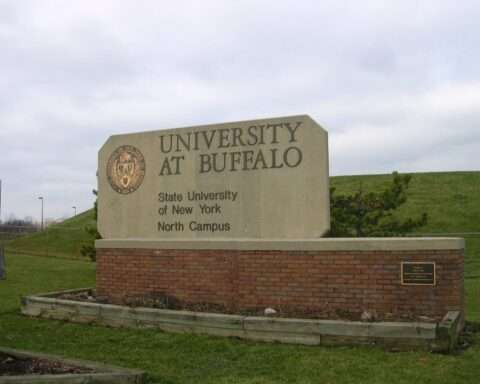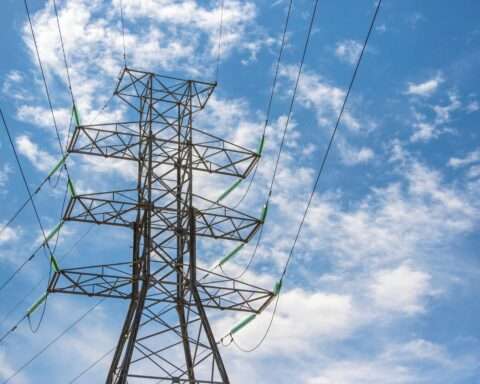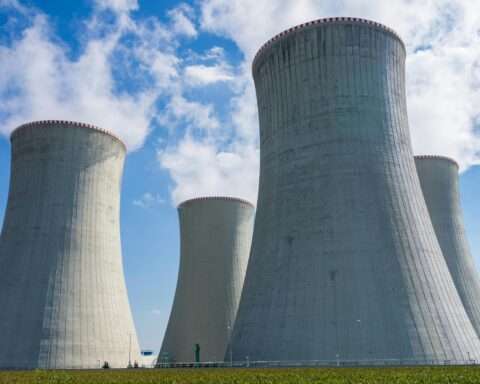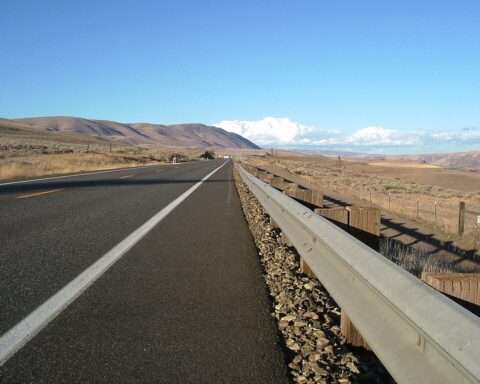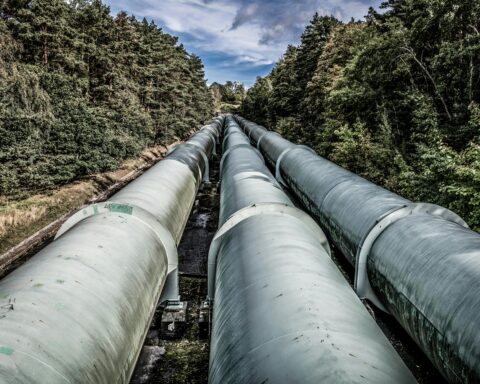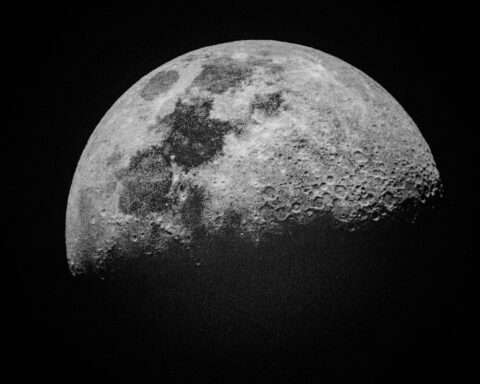The Department of the Interior (DOI) has announced $775 million in grants for 21 states to address legacy pollution that will be used to clean up orphaned oil and gas wells and well sites, building on more than $1 billion already awarded. The initiative is spurring economic growth, preventing harmful methane leaks and mitigating environmental and public health risks from surface and groundwater resources vital to communities and ecosystems.
As part of the Bipartisan Infrastructure Law (BIL), $4.7 billion in total is earmarked for plugging orphaned wells. The funds are distributed to states through initial grants, formula grants and performance grants.
Efforts to plug orphaned wells are actively ongoing across the country. Since the BIL was enacted in 2021, states have successfully plugged 8,200 orphaned wells. Nationwide, investments from the DOI’s Orphaned Well Program Office are estimated to have created 7,200 jobs and contributed $900 million to the economy in the past two fiscal years.
The BIL “is enabling us to confront long-standing environmental injustices by making a historic investment to plug orphaned wells throughout the country,” Interior Secretary Deb Haaland said. “These investments are good for our climate, for the health of our communities, and for American workers. With this third round of additional funding, states will put more people to work to clean up these toxic sites, reduce methane emissions and safeguard our environment.”
Orphaned oil and gas wells pollute residential neighborhoods, recreational areas and community spaces nationwide. Many of these wells present serious health and safety risks by contaminating surface and groundwater, emitting toxic air pollutants and leaking methane, a powerful greenhouse gas that is far more effective than carbon dioxide at trapping heat in the atmosphere.
Efforts to plug these wells are part of the U.S. Methane Emissions Reduction Action Plan and further the Justice40 Initiative, which aims to ensure that 40% of the benefits from certain federal investments go to disadvantaged communities historically marginalized by underinvestment and heavily impacted by pollution.
In the past two years, the DOI has awarded $565 million in initial grants to 25 states, $444 million in Phase 1 formula grants to 18 states, and a $2 million performance grant to one state. The Phase 2 formula grant guidance released Wednesday marks the beginning of the next application period, offering states the chance to apply for an estimated $775 million. This guidance encourages states to employ project labor agreements and a unionized workforce for the plugging, remediation and reclamation of wells. It also requires that states:
- Measure methane emissions from orphaned wells plugged with formula grants.
- Assess the impact on groundwater and surface water caused by orphaned wells.
- Outline their methods for prioritizing wells that are the most polluting and burdensome on nearby disadvantaged communities.
Applications are due Dec. 13, with further rounds of funding to be announced in the future.
Along with state-level grants, the BIL allocated $250 million for cleaning up well sites in national parks, national forests, national wildlife refuges and other public lands, nearly $150 million of which has been used over the past three years. Additionally, nearly $40 million was awarded to tribal communities in September 2023.
The 21 states eligible to apply for a Phase 2 formula grant are:
| Alabama | $1,681,430 |
| Alaska | $3,336,497 |
| California | $52,826,441 |
| Colorado | $29,064,506 |
| Illinois | $11,875,485 |
| Kansas* | $8,666,697 or $33,666,697 |
| Kentucky | $35 million |
| Louisiana | $35 million |
| Missouri | $21,801,890 |
| Montana | $5,139,423 |
| Nebraska | $4,151,076 |
| New Mexico | $35 million |
| New York | $19,672,162 |
| North Dakota | $30,266,234 |
| Ohio | $86,635,577 |
| Oklahoma* | $76,960,115 or $102,613,486 |
| Pennsylvania* | $114,609,711 or $152,812,948 |
| Texas | $119,510,636 |
| Utah | $5,229,389 |
| West Virginia | $43,849,585 |
| Wyoming | $35 million |
Photo by Hillebrand, Steve, USFWS



